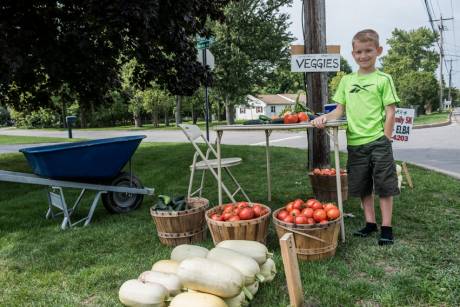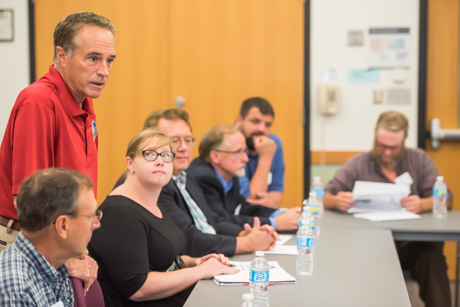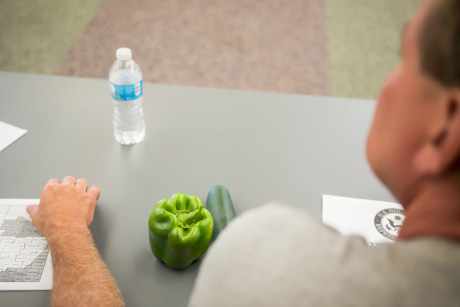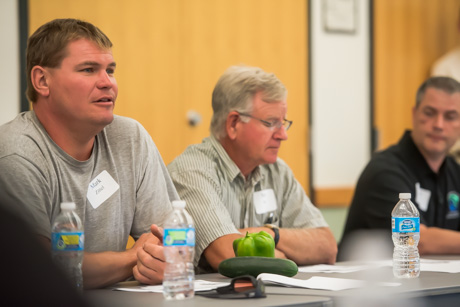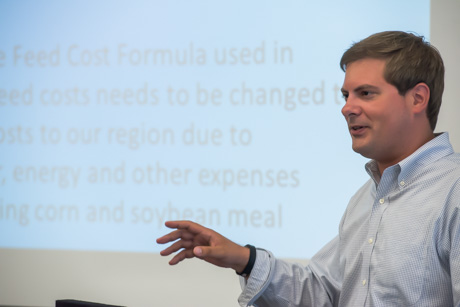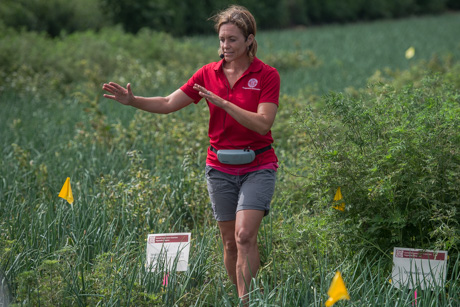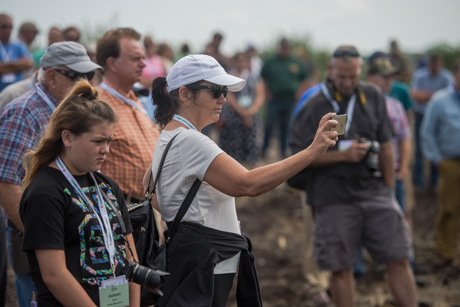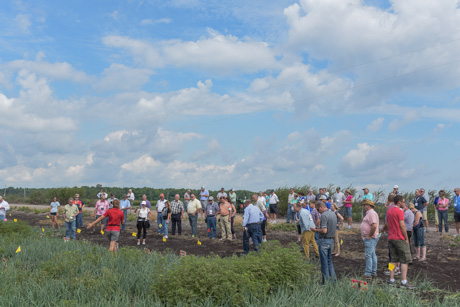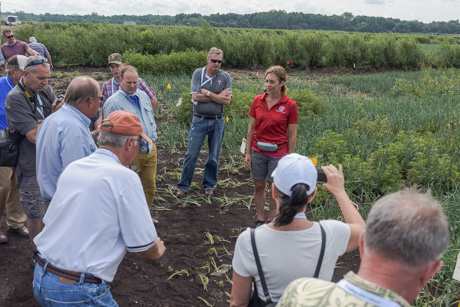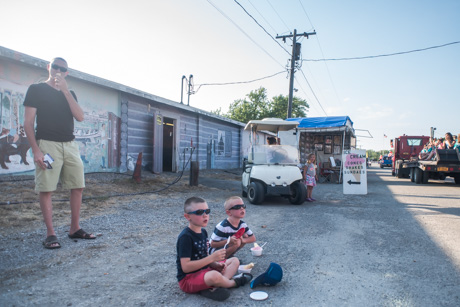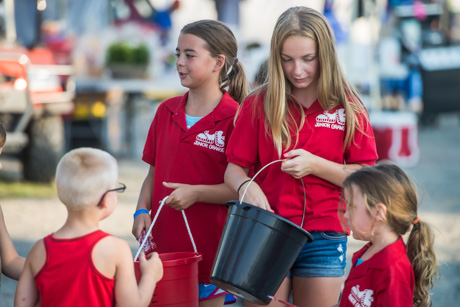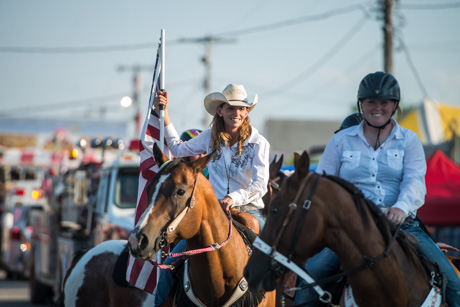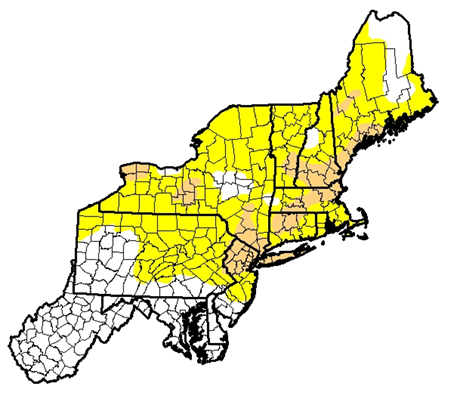Three farms in Genesee County receive grants from National Grid for upgrades, expansion
Press release:
National Grid today announced that the company has invested approximately $300,000 through its 3-Phase Electric Power Incentive and Electric Capital program to help farms in the GLOW (Genesee, Livingston, Orleans and Wyoming counties) region retain and create new jobs. The grants will assist Stein Family Farms LLC, Udderly Better Acres LLC, Friendly Acres LLC and East View Farms Inc. with various redevelopment and expansion projects.
$100,000 was awarded to Stein Family Farms LLC, located in the town of Caledonia, to support expansion of the farm’s dairy operations and increase productive capacity through necessary electrical infrastructure updates. The project’s total capital investment is approximately $1.2 million, and will retain 11 jobs and create one new job.
Udderly Better Acres, located in Le Roy, received approximately $58,000 to support the upgrade of its current electrical operations from a single-phase system to a three-phase system, a required improvement for the building of an additional barn and lagoon pond with a pump system. With a capital investment totaling approximately $374,000, the project will result in the retention of three jobs and the creation of six new jobs.
Friendly Acres LLC, a dairy farm which milks more than 500 cows in the town of Attica, was awarded $86,000 to assist in expanding the farm’s dairy operations and increase capacity through a 3-phase power system, which will result in improved efficiency for its new milking herd facility. The project’s capital investment totals $4.2 million.
Lastly, East View Farms Inc., located in the town of Pavilion, received $100,000 for electrical upgrades to assist in the expansion of its dairy cattle herding operations. The project’s total capital investment is $2.8 million and will result in the retention of five jobs, as well as the creation of five new jobs.
“With these unique incentive programs, it is our goal to support small businesses throughout the region, especially agribusiness customers like these four farms, in dramatically reducing their electric costs and remaining competitive,” said Kenneth Kujawa, regional manager for National Grid. “Our continued investment into these types of projects plays a critical role in the retention and creation of new jobs in the GLOW region.”
National Grid’s 3-Phase Power Incentive Program provides grants of up to $50,000 to extend electric service to eligible customers. A 3-phase electric system provides an increased level of reliability and allows modern farm equipment to operate more efficiently.
National Grid’s Electric Capital Investment Incentive Program provides funding to businesses to help offset costs associated with upgrading utility infrastructure to accommodate a business expansion or new construction project. Specifically, the program supports business attraction or expansion projects located in National Grid’s Upstate New York service territory.
Information about National Grid’s suite of economic programs is available at www.shovelready.com.

